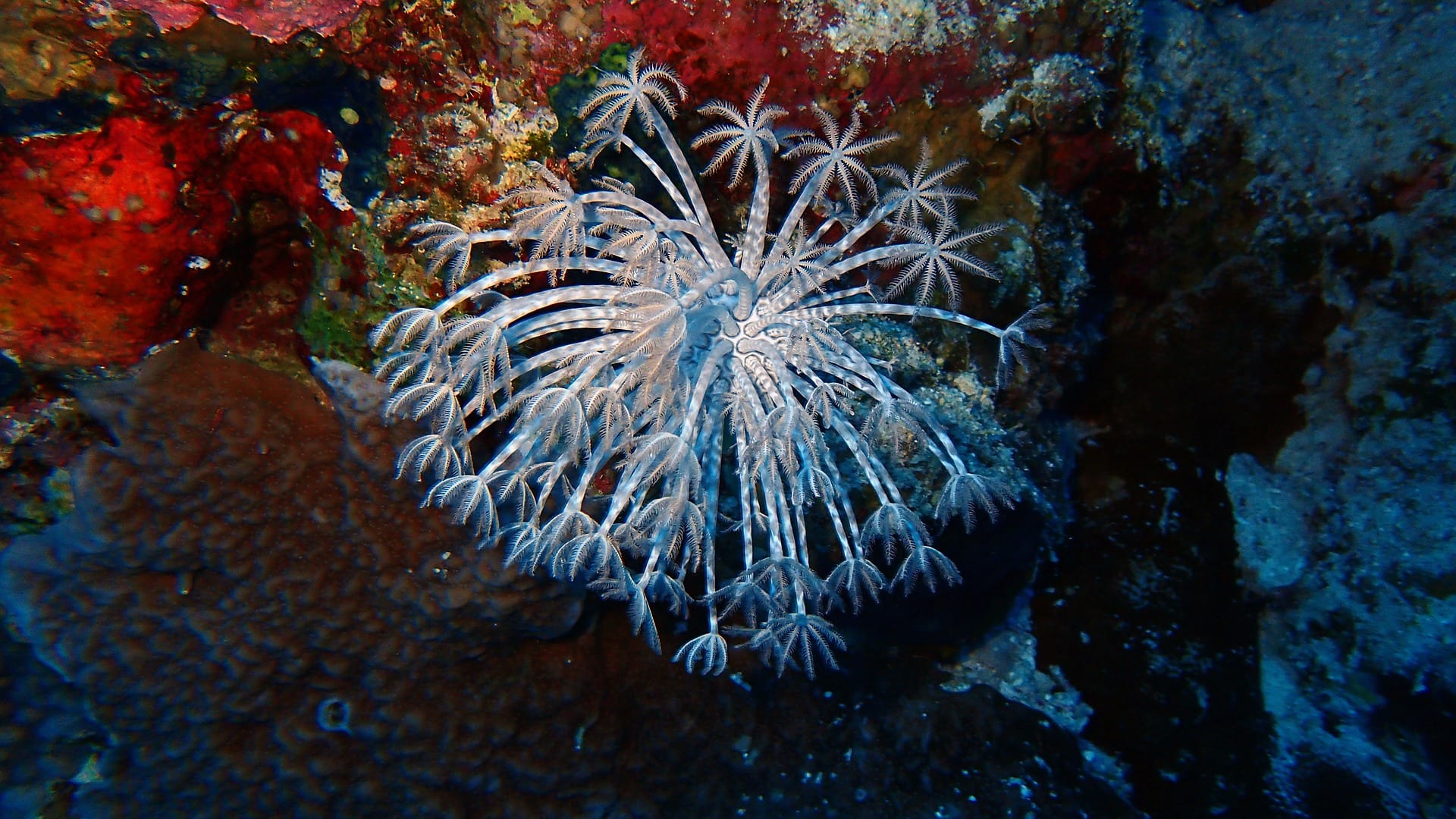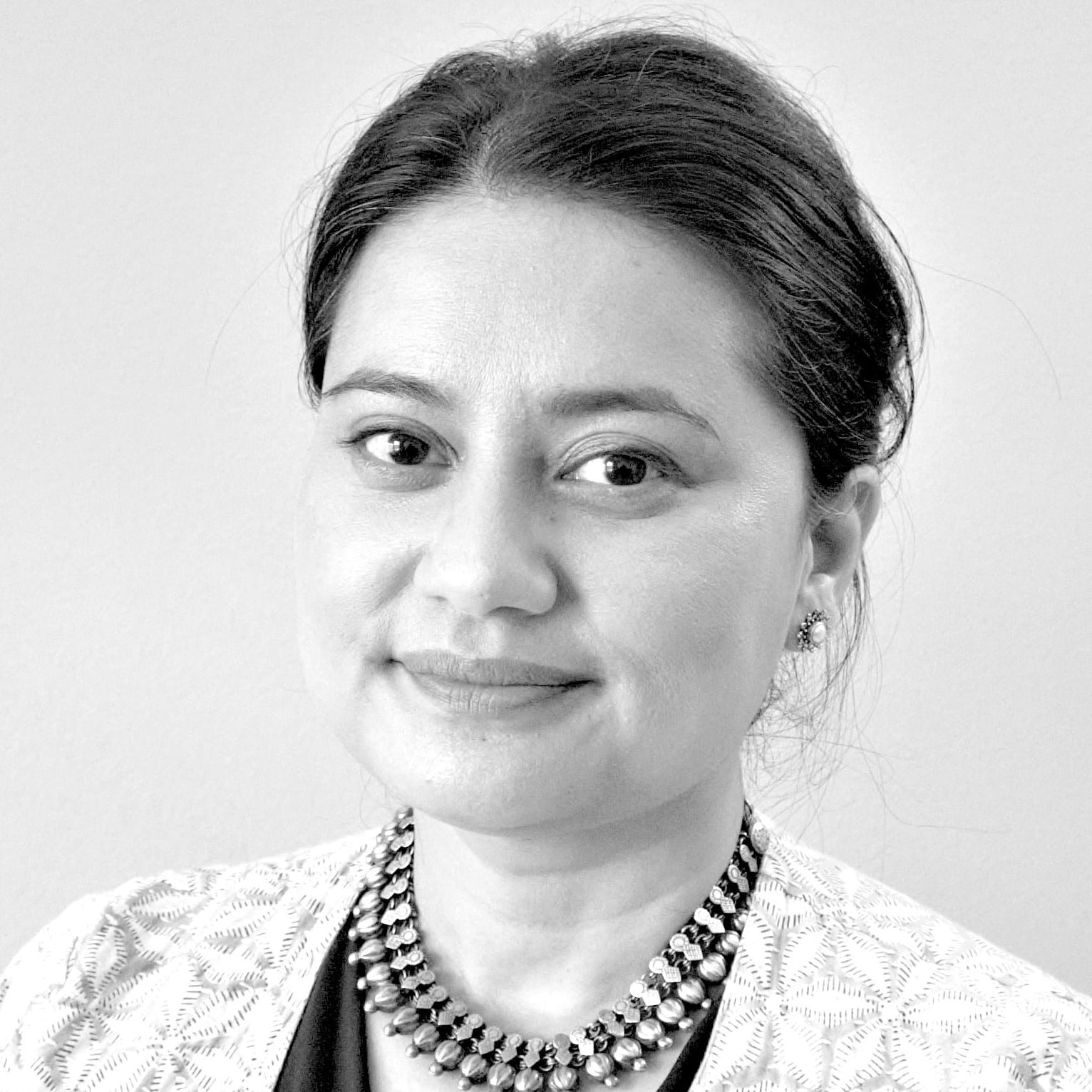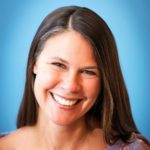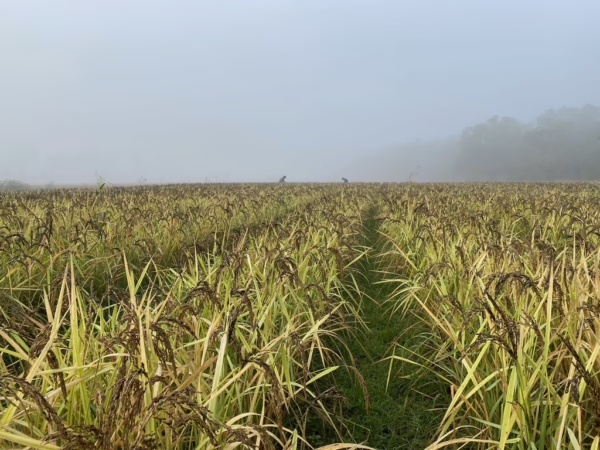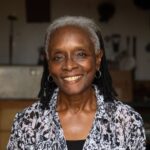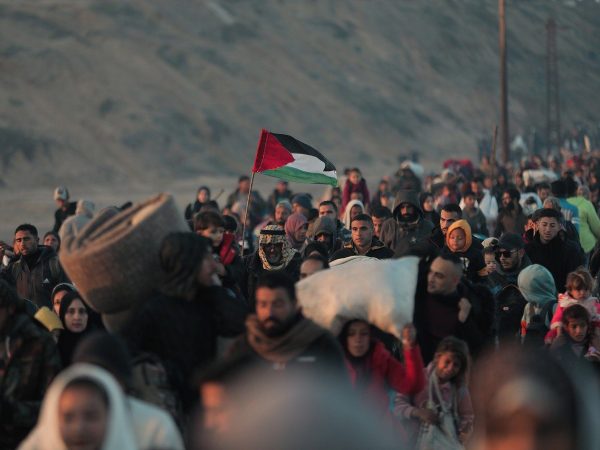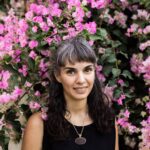Chungyalpa: What issues are you working on that is of the greatest priority for your community?
Ayo: Right now, I’m working with Black, Indigenous and People of Color within Buddhist communities in the Twin Cities where George Floyd was murdered. We have created an organization of writers and lawyers to report on the two trials related to George Floyd’s murder called the Buddhist Justice Reporter.
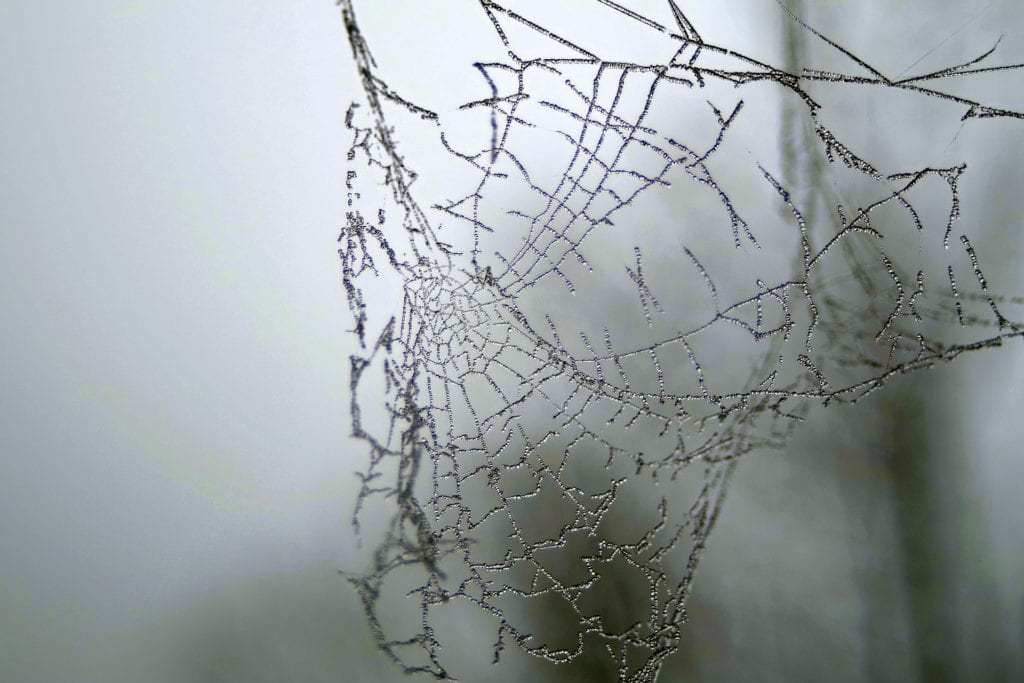
Our hope is to bring Buddhism and Justice together as two ways of thinking, two forms of wisdom, and two ethics-based movements that have a lot in common. The media likes to portray Justice issues as an in-your-face style of protesting that is about speaking over people and tearing down buildings and statues. And, Buddhists are ambivalent about that but our ambivalence can be resolved if we think of the Buddhist way as bearing witness to suffering and injustice. The criminal justice system for African-descended people in the United States is an unjust system of suffering, one that leads to the criminalization of innocent people, who are then tracked all their lives by the system and imprisoned and enslaved through mass incarceration. It is not contrary to Buddha’s teachings on compassion to bear witness to the suffering that the criminal justice system imposes on People of Color.
We hope that the Buddhist Justice Reporter will give people an opportunity to use their writing and legal skills as well as their training in Buddhist analysis and contemplation to help people understand their rights, to understand how the systems have been set up and how they function, and to increase literacy around the U.S. Constitution. Ultimately, we hope to help all of us become more sophisticated advocates for reform. I am grateful to say that this project is being supported by Tricycle, the Buddhist Review, the Kataly Foundation, and Common Ground Meditation Center.
When I hurt myself, I’m hurting the earth, when I hurt the earth, I’m hurting others.
Chungyalpa: Does being a Buddhist inspire you or challenge you to want to work on anti-racism and environmental issues?
Ayo: I came to Buddhism as a Black person, with a law degree interested in civil and international human rights law. I worked as an advocate for the anti-apartheid movement and in the fight to abolish the death penalty as well as on East -West relations back in the 80s, when the Berlin Wall was still up. Buddhism helps strengthen my resolve to continue working on these issues. I take great comfort in appreciating the human body without discrimination, recognizing human beings as a precious vehicles for awakening.
As a result, I’ve learned something about non-discrimination by practicing Buddhism, which is much more radical than focusing solely on race or sex discrimination because practicing non-discrimination means rising above all dualisms. It is seeing each other as one: seeing each other as kin, seeing each other as an interconnected family, inter-being and inter-penetrating. When you hurt someone, you’re hurting yourself and when you hurt yourself, you’re hurting someone else. And that applies beyond human beings, that applies to all sentient beings. So when I hurt myself, I’m hurting the earth, when I hurt the earth, I’m hurting others. Recognizing that radical interconnectedness also means that I must fully embrace people who, on the face of it, appear to be my enemy. Buddhism brings all of this to me and my work.
Chungyalpa: What has been successful in this approach, what has worked in this approach and what has been hard?
Ayo: The first time I read anything about Buddhism was in a book called Touching Peace by Thich Nhat Hanh. If I recall correctly, the first guided meditation or visualization in that book has to do with identifying or engaging visualizations where the reader identifies with the elements. I did that last exercise never having done any meditation or visualization before or observing my breath. After a few minutes, I thought, “yes, I am a part of the air;” “yes, I am like a mountain solid, like water like a stream reflecting;” “yes, and that was easy.” The hard part was remembering. Remembering that and not being caught by the delusion of separateness. If we felt one with the mountain all the time, fracking would make us feel bereft. I think the environmental movement relies on the intellectual, it has all kinds of rational arguments for why we must protect nature. But, what we need is to access the feeling, that connection, that resonation with the energy of a mountain or a stream. We need to create more empathy, not more rationales.
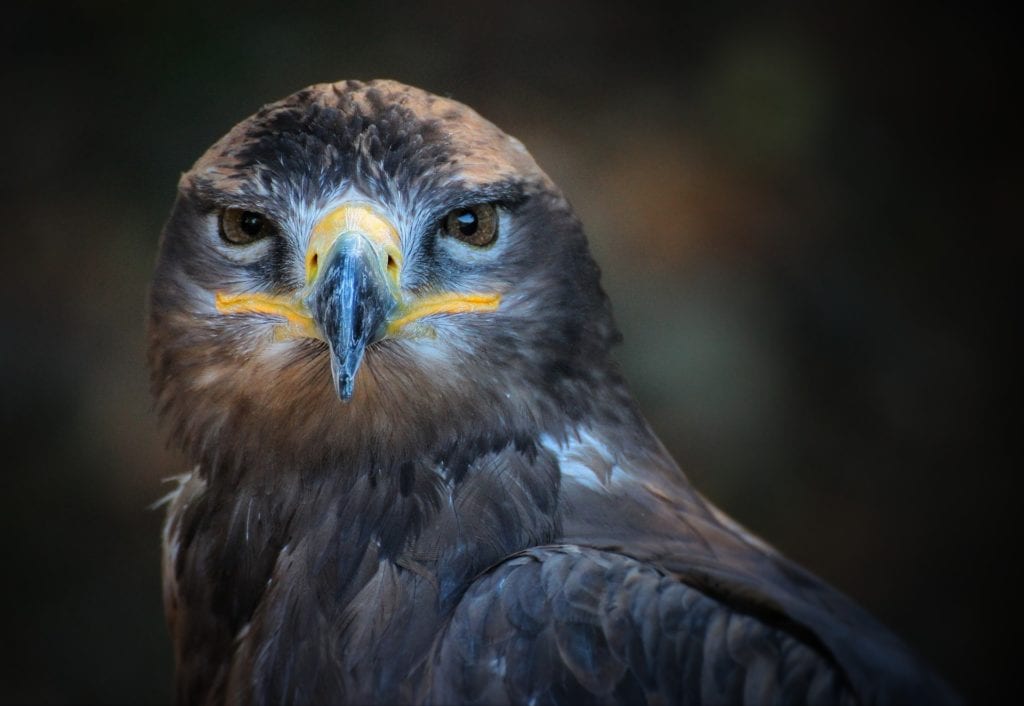
Chungyalpa: Is it because a lot of people don’t see environmental and climate issues as immediate existential threats?
Ayo: We humans seem to have a disconnect between knowing theoretically that we belong to this planet and not knowing emotionally how or why we exist in this vastness of space. We don’t know our place in it. We don’t know the impact nature has on us, and the impact we have on it. I spoke to someone not too long ago, and this person said to me it didn’t matter to them whether the earth was round or flat. I asked them if they really meant that and they responded, “What difference does it make to me?” So many theologies, so much of our education is based on flat earth thinking. If something doesn’t make money, what does it matter? It’s not just whether the planet is round or flat, it’s a trained indifference to not care about anything other than your immediate benefit. This fatalistic indifference is the reason why we can refer to rich vibrant cultures as “shithole countries” or why we can dump our wastes in Native lands and Black and brown neighborhoods and ship our toxic waste overseas to places where people don’t know what they are receiving. That “what difference does it make to me?” is what got us here.
What we need is to access the feeling, that connection, that resonation with the energy of a mountain or a stream.
Chungyalpa: Where does the environmental and climate movement need to go?
Ayo: It is one thing to be working on environmental and climate change and it is another thing to be working on who the change makers are. Because if the current change makers do not address the immediate and acute life and death issues of people of color, whether it is illness related to nuclear and other wastes, poverty, disease, police brutality, and homelessness, they are not connecting to a method of thriving that enhances the lives of all of us. The pandemic is teaching us that it is not enough to have a vaccine only in the United States. The world has to be vaccinated and an America First attitude is not going to solve the problem. In the same way, the environmental movement has to have a global mindset, an interconnected mindset collaborating across borders, rather acting as if one group is in charge and gets to make the rules.
Chungyalpa: Is there a practice from your pastoral experience that would be useful for environmental and climate leaders?
Ayo: Well, I was thinking about the power of the moment when Buddha becomes enlightened and he touches the Earth because she bears witness to his enlightenment. The Buddha is not swayed or tempted by Mara, which represents the illusions of fear and doubt, despair and depression. The Buddha is literally grounded and he touches the Earth, having in a sense become one with this planet, with all that supports our life, with all of life. There is something very powerful there. I think meditating on that connection would help, especially calling the Earth as a witness to our lives.
This interview was originally printed in The Loka Initiative April newsletter. It is reprinted here with permission.
Dekila Chungyalpa will be leading our August EcoDharma Exploration, an extended period of practice focused on a particular EcoDharma theme. The exploration will culminate with a live gathering with Dekila on Aug 29th. Stay tuned for more details coming soon!
